Water is an essential resource that is required for many daily activities such as drinking, cleaning, cooking, and bathing.
However, the quality of water varies from region to region. One of the common issues that people face is hard water. In this article, we will discuss what hard water is and the potential harm it can cause.
Welcome to the ultimate guide on understanding hard water and its effects on your home! Hard water is a common issue that affects many households, yet it often goes unnoticed until it starts causing problems. But fear not, as we are here to shed light on this topic and provide you with the knowledge you need to tackle the issue head-on. In this comprehensive guide, we will explain what exactly hard water is, how it is formed, and why it can wreak havoc on your plumbing system and appliances. We will also explore the various signs to look out for that indicate you have hard water, as well as the potential health risks associated with it. Additionally, we will share some practical solutions and effective treatments to combat hard water, ensuring that your home remains free from its damaging effects. So, let’s dive in and equip ourselves with the understanding and tools necessary to overcome the challenges posed by hard water!
What is Hard Water?
Hard water is water that has a high concentration of dissolved minerals, primarily calcium and magnesium. These minerals are picked up by water as it flows through rock formations, such as limestone and chalk, and dissolves the minerals along the way. The level of hardness in water is measured in grains per gallon (gpg) or milligrams per liter (mg/L).
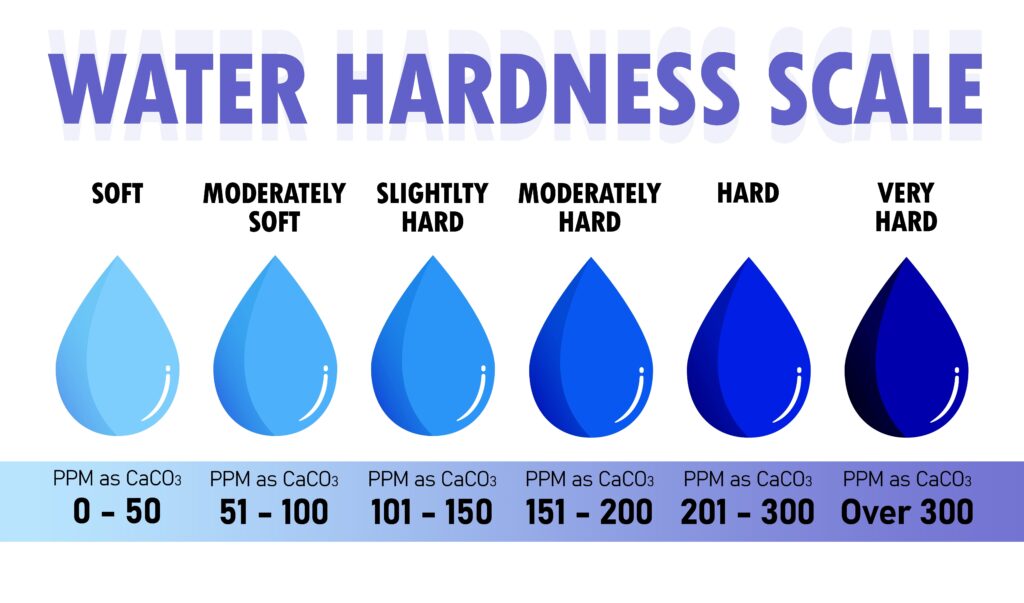
The degree of hardness in water can vary depending on where you live. Some areas may have water that is slightly hard, while others may have water that is very hard.
Hard water is a term used to describe water that contains high levels of minerals, particularly calcium and magnesium. These minerals are naturally present in the earth’s crust and can dissolve in water as it passes through rocks and soil. The concentration of these minerals determines the hardness of the water. While hard water is not considered harmful to consume, it can wreak havoc on your home’s plumbing system and appliances. This is due to the fact that when hard water is heated or evaporates, it leaves behind mineral deposits known as limescale. These deposits can build up over time, clogging pipes, reducing water flow, and damaging appliances such as water heaters, dishwashers, and washing machines.
The hardness of water is typically measured in grains per gallon (GPG) or parts per million (PPM). Water with a hardness level below 1 GPG is considered soft, while anything above 7 GPG is considered hard. It is important to note that the hardness of water can vary depending on your location, as different regions have different geological compositions. Understanding the level of hardness in your water is crucial in order to determine the best course of action to combat its effects.
What’s the Harm?
While hard water is generally safe to drink and use for daily activities, it can cause some issues for homeowners. Here are some of the potential harms of hard water:
- Mineral Buildup in Pipes and Appliances: Hard water can lead to mineral buildup in pipes, faucets, and appliances, such as washing machines and dishwashers. Over time, this buildup can restrict water flow and cause damage to the appliances.
- Stains on Clothing and Dishes: Hard water can leave stains on clothing and dishes. The minerals in hard water can react with the soap, causing it to leave behind a film or residue.
- Dry Skin and Hair: Hard water can make it difficult for soap and shampoo to lather, which can leave your skin and hair feeling dry and itchy.
- Decreased Efficiency of Water Heater: Hard water can decrease the efficiency of a water heater by causing mineral buildup. This can lead to increased energy costs and a shorter lifespan for the appliance.
- Higher Soap Consumption: Hard water requires more soap to achieve the same lather as soft water. This can lead to increased costs for homeowners.
Understanding the causes of hard water
Hard water is primarily caused by the presence of calcium and magnesium in the water supply. These minerals can enter the water through various sources, such as underground aquifers, wells, or reservoirs. As water passes through rocks and soil, it picks up these minerals, resulting in hard water. The greater the contact water has with these minerals, the higher the concentration of calcium and magnesium, and thus the harder the water becomes.
In addition to calcium and magnesium, other minerals and impurities can also contribute to water hardness. These include iron, manganese, and even trace amounts of heavy metals. These impurities can further exacerbate the issues caused by hard water, leading to more severe damage to your plumbing system and appliances.
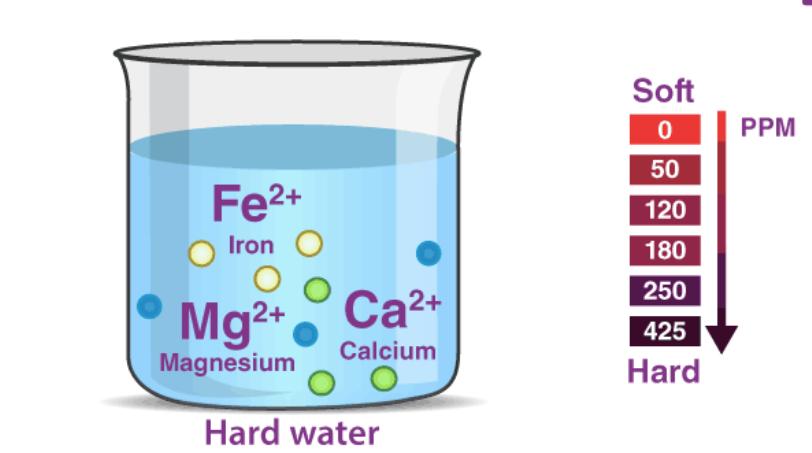
Signs and symptoms of hard water in your home
Identifying whether you have hard water in your home can be done through a few telltale signs and symptoms. One of the most common signs is the presence of limescale buildup on faucets, showerheads, and other water fixtures. This white, chalky substance can be difficult to remove and is a clear indicator of hard water.
Another common symptom is the formation of soap scum. Hard water reacts with soap, preventing it from lathering properly and leaving behind a sticky residue on surfaces. This can make it difficult to achieve a good lather when washing your hands, dishes, or clothes.
Furthermore, if you notice that your clothes appear dull and feel rough after washing, it could be a sign of hard water. The minerals in hard water can prevent detergents from fully dissolving, leading to poor rinsing and leaving behind residue on fabrics.
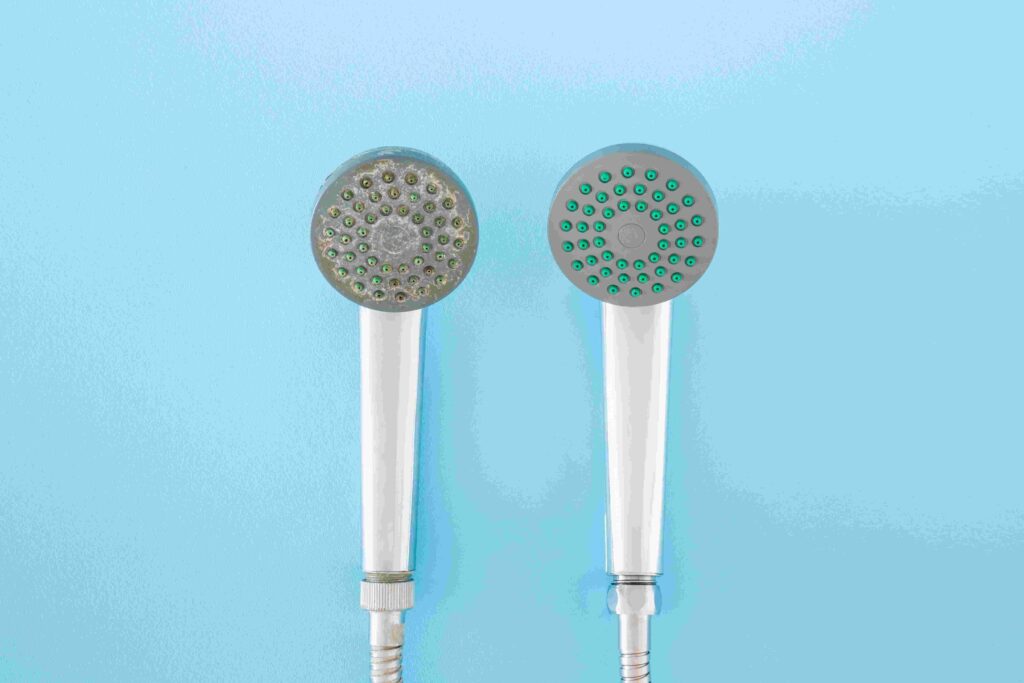
The effects of hard water on plumbing systems
Hard water can have a detrimental impact on your home’s plumbing system. Over time, the mineral deposits left behind by hard water can accumulate and clog pipes, reducing water flow and increasing the risk of blockages. This can result in reduced water pressure and the need for costly repairs or pipe replacements.
In addition to clogging pipes, limescale deposits can also wreak havoc on your water-using appliances. Water heaters, for example, are particularly susceptible to damage caused by hard water. The minerals in the water can coat the heating elements, reducing their efficiency and lifespan. This can lead to increased energy consumption and the need for more frequent repairs or replacements.
Furthermore, hard water can also affect the performance of your dishwasher and washing machine. The minerals in hard water can interfere with the effectiveness of detergents and soaps, leading to poor cleaning results and the need for additional rinsing cycles. This not only wastes water but also increases the wear and tear on your appliances.
Hard water and appliance damage
The detrimental effects of hard water extend beyond just the plumbing system. Appliances that come into contact with hard water on a regular basis can also suffer from its damaging effects. One of the most commonly affected appliances is the dishwasher. The minerals in hard water can cause a buildup of limescale on the internal components of the dishwasher, including the spray arms and filters. This can lead to reduced cleaning performance and the need for more frequent maintenance.
Similarly, washing machines can also be negatively impacted by hard water. The mineral deposits left behind by hard water can accumulate in the drum and on the heating elements, reducing the efficiency of the washing machine and increasing the risk of breakdowns. Clothes washed in hard water may also appear dull and feel stiff due to the residue left behind by the minerals.
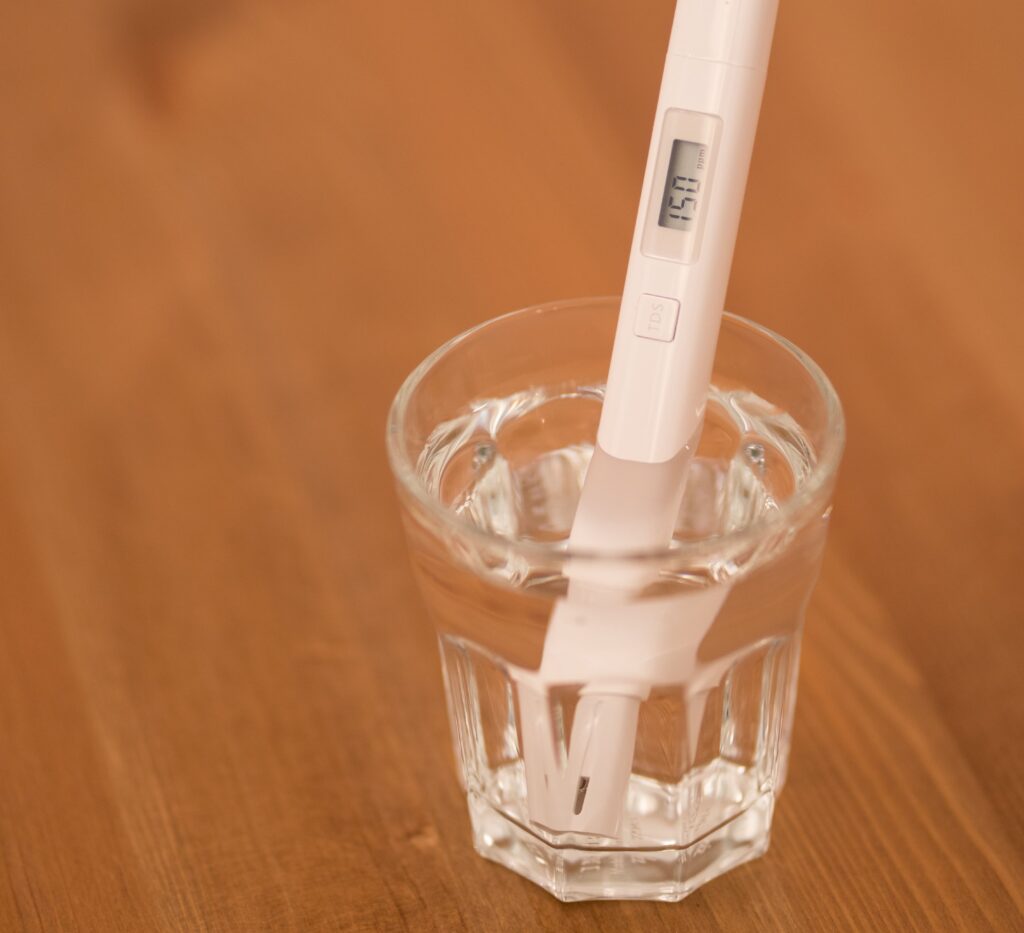
Another appliance that can suffer from the effects of hard water is the coffee maker. The mineral deposits left behind by hard water can clog the internal components of the coffee maker, affecting the taste and quality of your morning brew. Regular descaling is necessary to remove these deposits and ensure optimal performance.
How hard water affects your skin and hair
Hard water not only poses a threat to your home’s plumbing system and appliances but can also have a negative impact on your personal well-being. When hard water comes into contact with your skin, it can strip away the natural oils, leaving it dry and irritated. This can lead to uncomfortable symptoms such as itching, flaking, and even eczema. Additionally, the minerals in hard water can prevent soaps and shampoos from fully rinsing off, resulting in a residue buildup on your skin and hair.
Similarly, hard water can also take a toll on your hair. The minerals in hard water can make your hair feel dry, brittle, and unmanageable. It can also cause color-treated hair to fade more quickly, leading to a dull appearance. In severe cases, hard water can even contribute to hair loss.
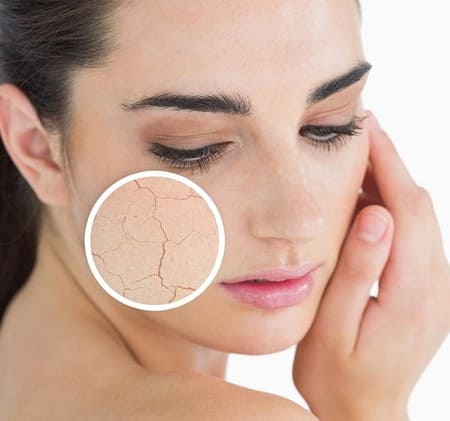
Solutions for dealing with hard water – water softeners and other options
Fortunately, there are several effective solutions available to combat the effects of hard water. One of the most popular options is installing a water softener. Water softeners work by removing the calcium and magnesium ions from the water and replacing them with sodium or potassium ions. This process, known as ion exchange, effectively softens the water, preventing the formation of limescale and reducing its damaging effects.
Water softeners are available in different sizes and types to suit various household needs. Some systems are designed to treat the water for the entire house, while others can be installed specifically for individual appliances. It is important to consider factors such as water usage, water hardness level, and budget when choosing a water softener.
In addition to water softeners, there are other options available to mitigate the effects of hard water. Magnetic water conditioners, for example, use magnetic fields to alter the structure of the minerals in the water, preventing them from forming limescale. While the effectiveness of these devices is still a topic of debate, some users have reported positive results.
Water softener installation and maintenance
Installing a water softener requires careful consideration and planning. It is advisable to consult with a professional plumber or water treatment specialist to determine the best location for the softener and ensure proper installation. Typically, the water softener is installed near the main water supply line, allowing it to treat all the water entering the house.
Once installed, regular maintenance is essential to ensure the water softener operates efficiently. This includes replenishing the salt or potassium supply, cleaning the brine tank, and inspecting the resin bed. It is recommended to follow the manufacturer’s guidelines for maintenance and schedule regular inspections by a professional.
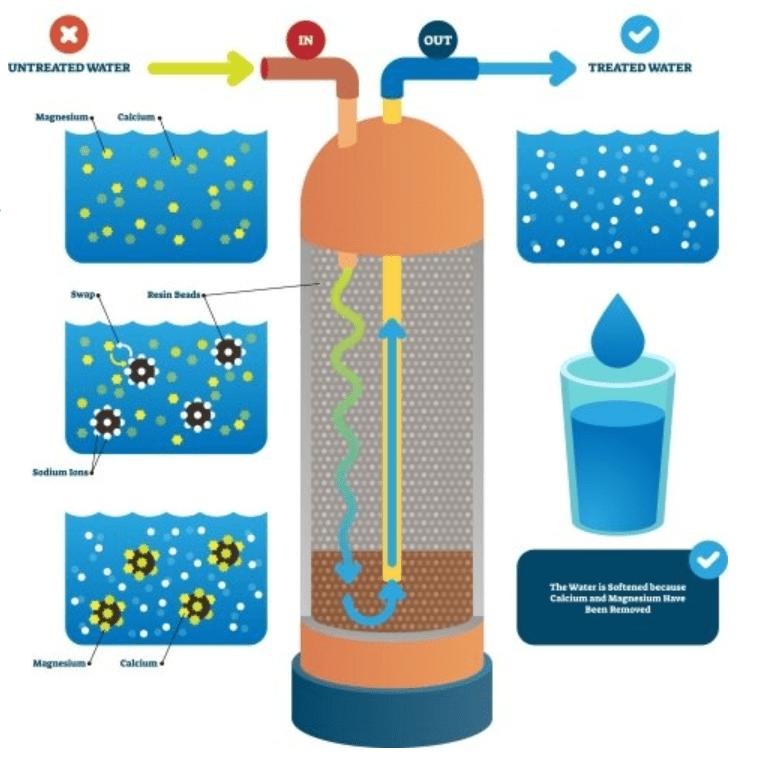
DIY remedies for dealing with hard water
If installing a water softener is not a viable option for you, there are some DIY remedies that can help alleviate the effects of hard water. One of the most common methods is using vinegar or citric acid as a natural descaler. These substances can effectively dissolve limescale and remove mineral deposits from faucets, showerheads, and other water fixtures. Simply soak the affected areas in a solution of vinegar or citric acid, and scrub away the limescale using a brush or cloth.
Another DIY solution is the use of water filters or filter pitchers. These devices can help reduce the concentration of minerals in the water, improving its taste and reducing the buildup of limescale. While they may not completely eliminate the hardness of the water, they can provide some relief and extend the lifespan of your appliances.
Conclusion: Protecting your home and health from the effects of hard water
In conclusion, understanding the nature of hard water and its effects on your home is crucial in order to protect your plumbing system, appliances, and personal well-being. By recognizing the signs and symptoms of hard water, you can take proactive measures to address the issue before it escalates. Installing a water softener or exploring alternative solutions can help mitigate the damaging effects of hard water and ensure the longevity of your plumbing system and appliances. Additionally, implementing DIY remedies can provide temporary relief and help maintain the performance of your fixtures. Remember, knowledge is power, and armed with the information provided in this guide, you can take control of the hard water problem and enjoy a healthier, more efficient home.
